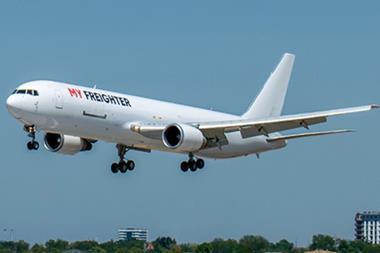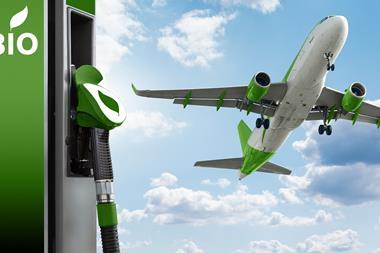Virgin Atlantic Cargo has just announced that it is the first to adopt the 8.0 version of the cloud-enabled, end-to-end Accenture Freight & Logistics Software (AFLS) platform which Accenture says will “reinvent the way [Virgin] communicate and operate with customers, employees and partner ecosytems.”
Reinvent in what way exactly? And who benefits the most?
Dominic Kennedy, managing director, cargo for Virgin Atlantic, is happy to give an example.
“If a customer contacts us today and asks for a quote for space on a direct flight from A to B on a particular day, the system gives a binary answer: ‘Yes’ or ‘No’.
“The new system is much more responsive in that it will immediately offer alternatives, maybe flying via C and/or showing earlier or later flights where space is available.”
Once the system is fully operational, Virgin Atlantic customers’ systems will be able to interface directly through APIs and connect with a new web platform for pricing, bookings, allocations and operations. It will even offer ‘live chat’ and Chatbots interaction if customers prefer that option.
Kennedy claims the new system, due to go live in early 2020, will allow Virgin to “leapfrog rather than catch-up with” its competitors, especially once all the phases are operational.
“Today we do not have a ‘dot com’ offering. Our current Voyager system is ten years old and coming to end of its natural life. We do not see that making lots of incremental changes is the answer to meeting our customers’ demands.”
He says that with the Virgin/Delta partnership now five years old, they are, in any case, entering a “new strategic phase” and technologically-enabled change is an important part of that.
The Virgin Atlantic team assessed at least ten options before choosing AFLS 8.0 with a key deliverable being access to its partners’ inventories, and the interface with customers’ systems.
“The decision was also, in part, informed by a long history of engagement with our customers about what they wanted Virgin to adopt,” says Kennedy.
Of course, it is important that the need to improve physical operations is not lost in this worldwide focus on digitalisation, not least because the new technology should be driving greater volumes, which are moving more quickly.
Virgin and Delta are moving into new premises at dnata City East at Heathrow in September, doubling their current space to 335,000 sq ft and also doubling the number of cargo doors to 18. Exports will move there first, with imports following in about 18 months.
Kennedy says: “It is an exciting time to be in the industry. The need for advanced technology has brought in fresh minds, which has challenged us to look at things differently. In the end it is all about adding value for customers so that we all benefit.”










